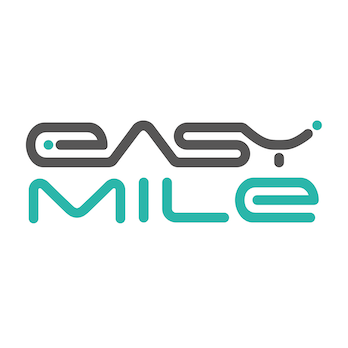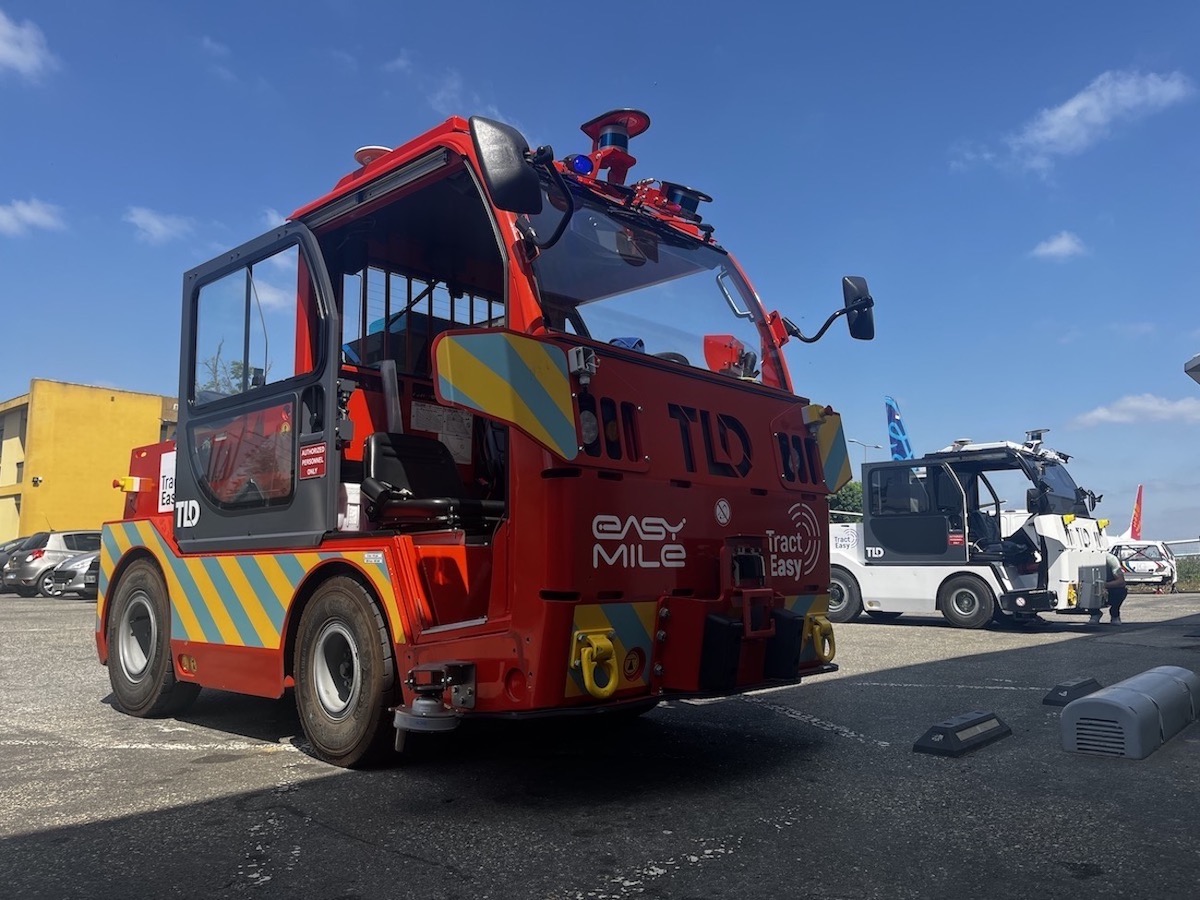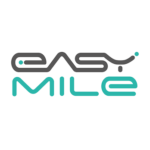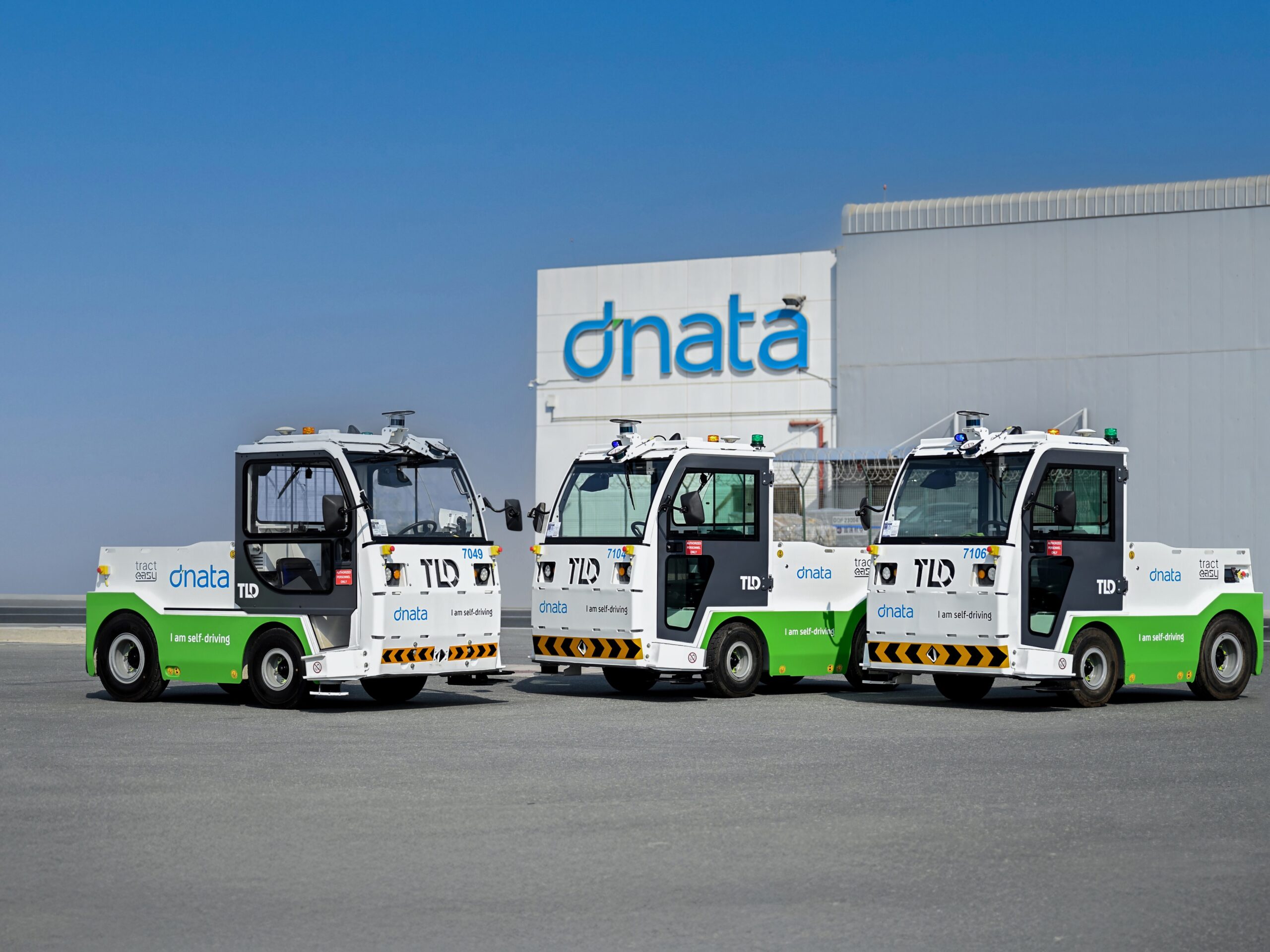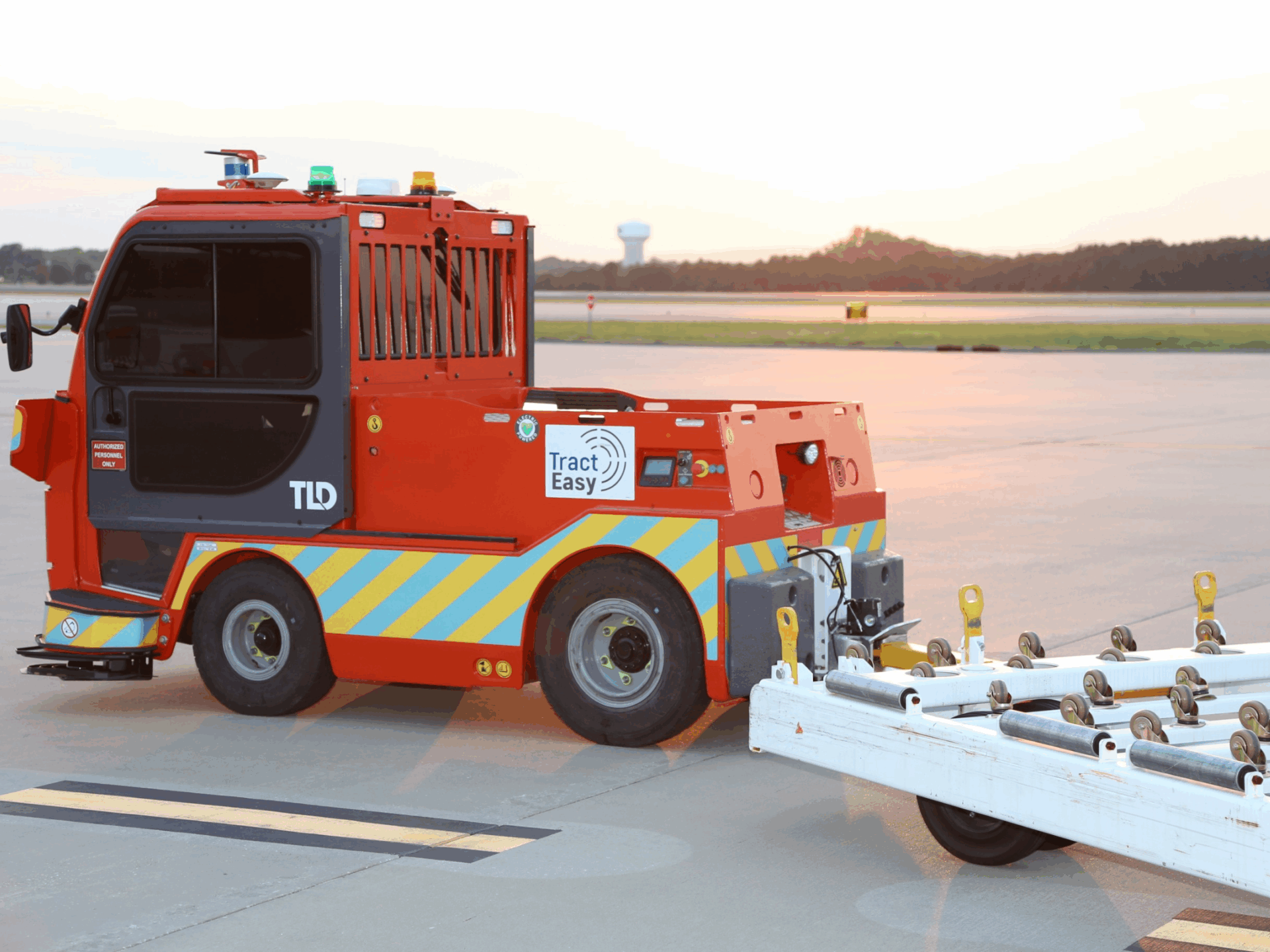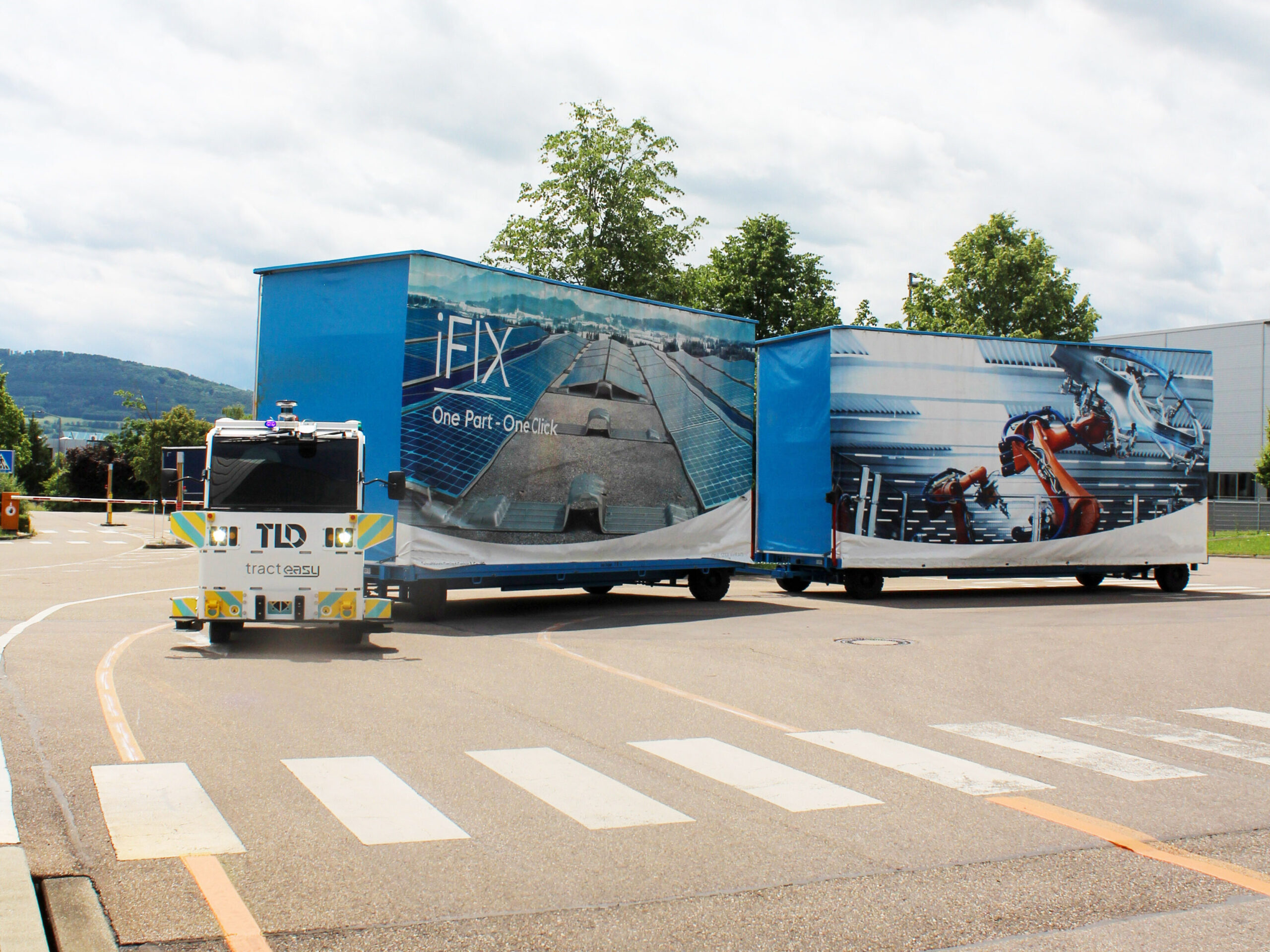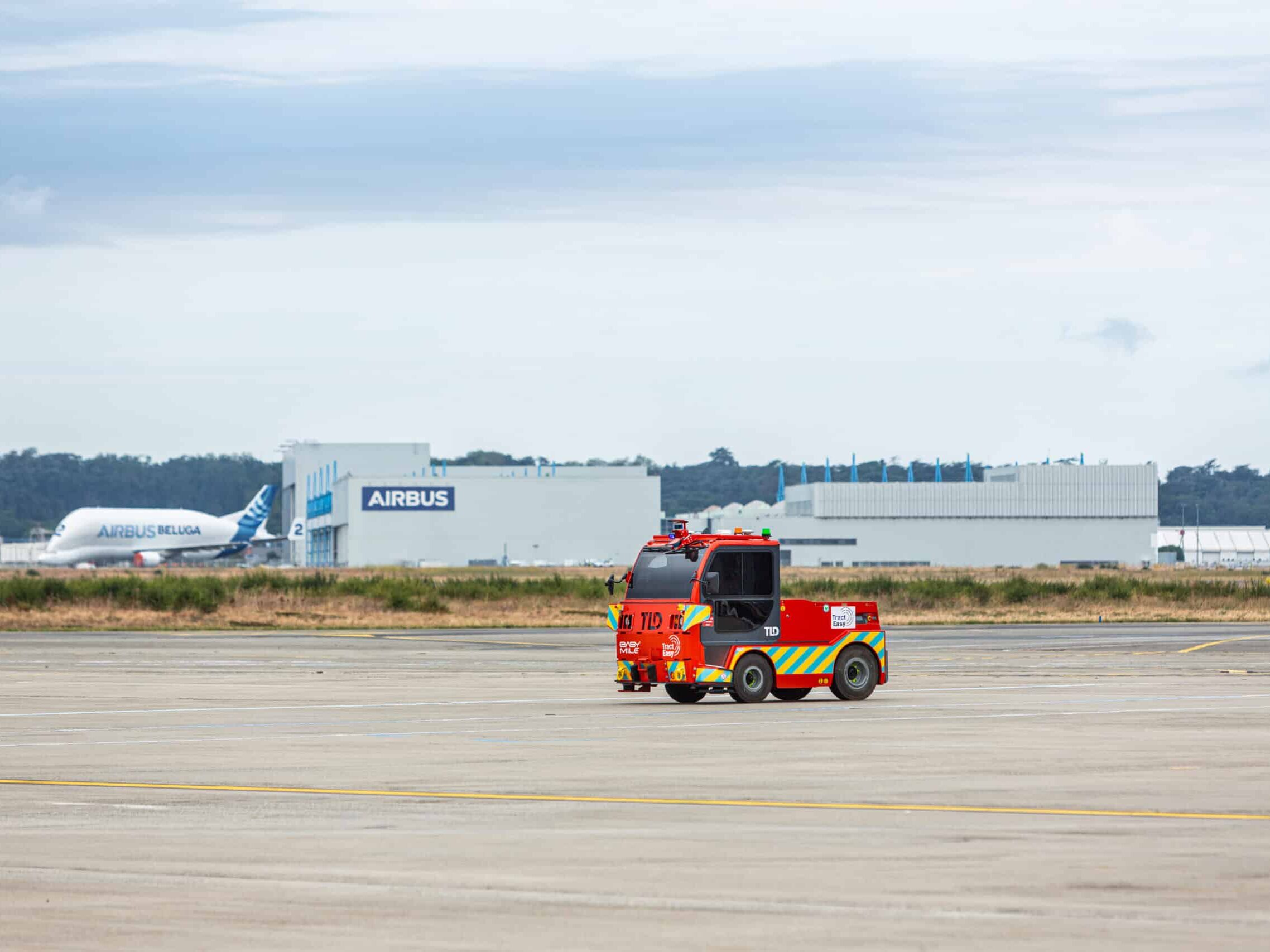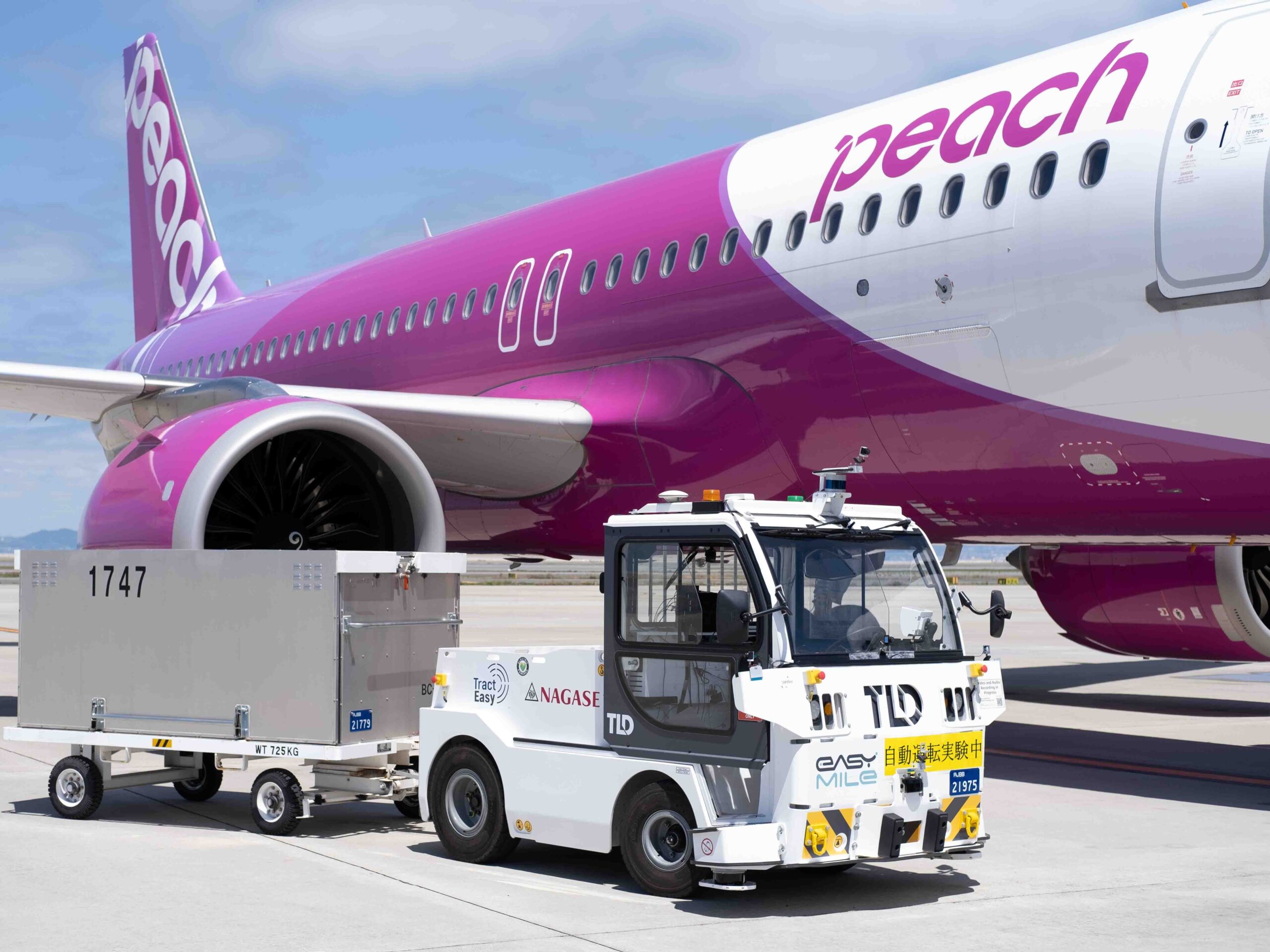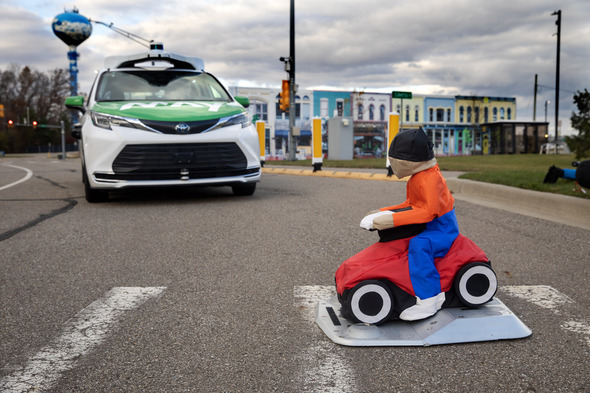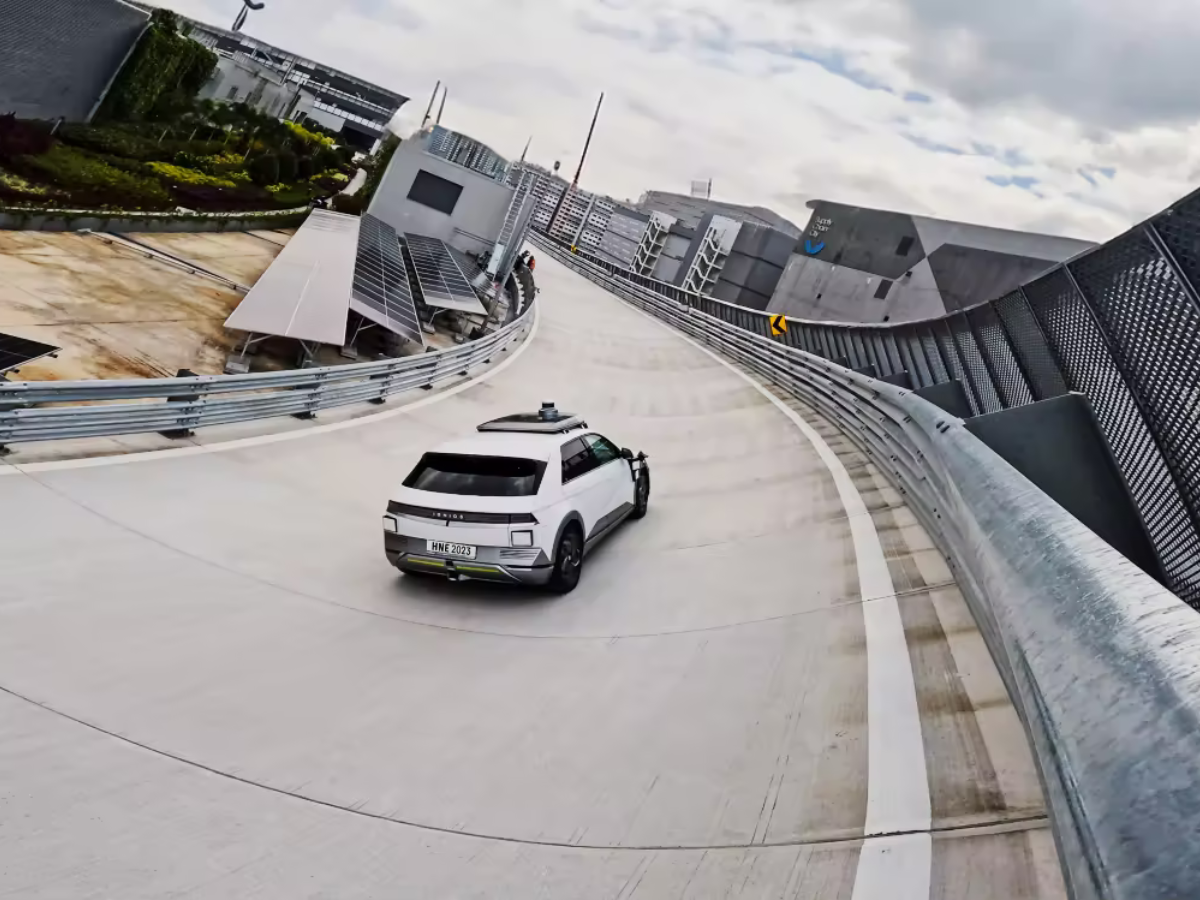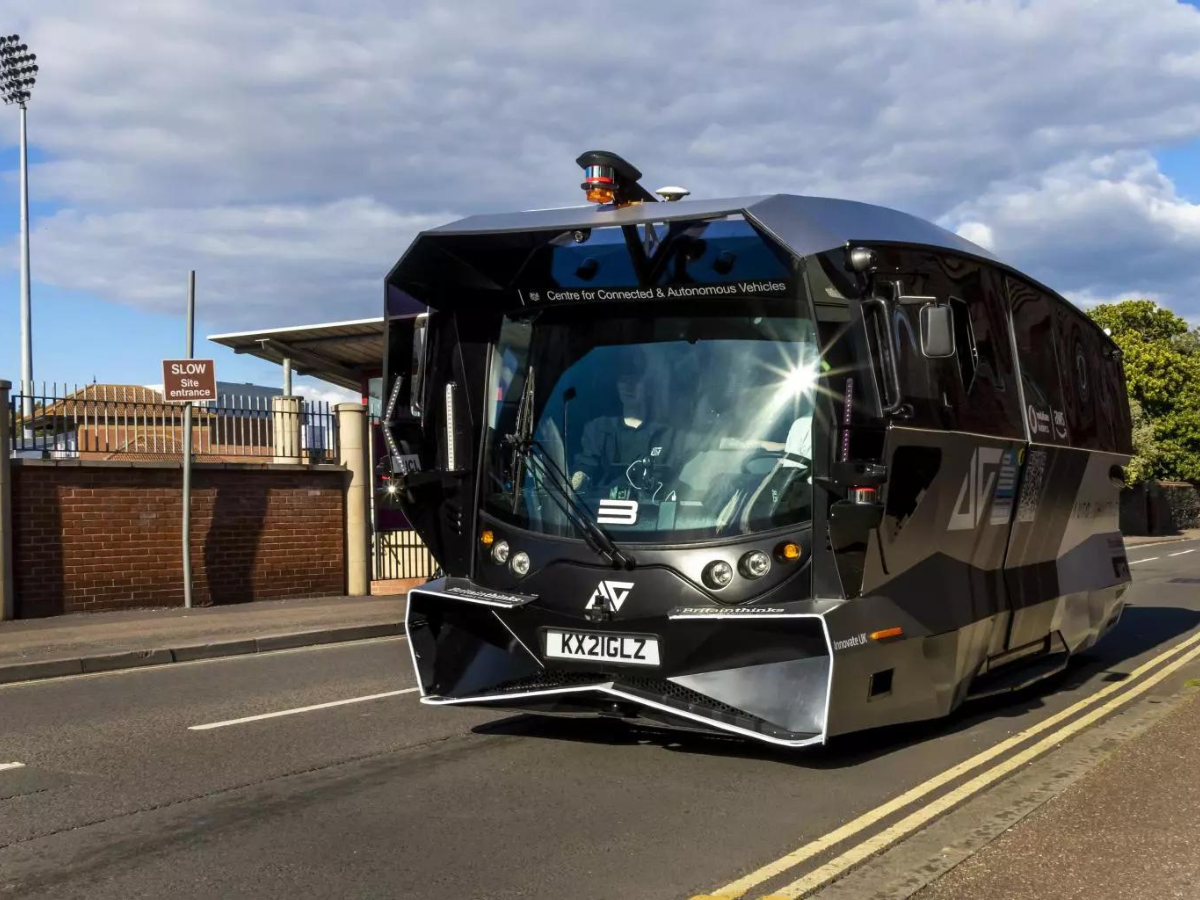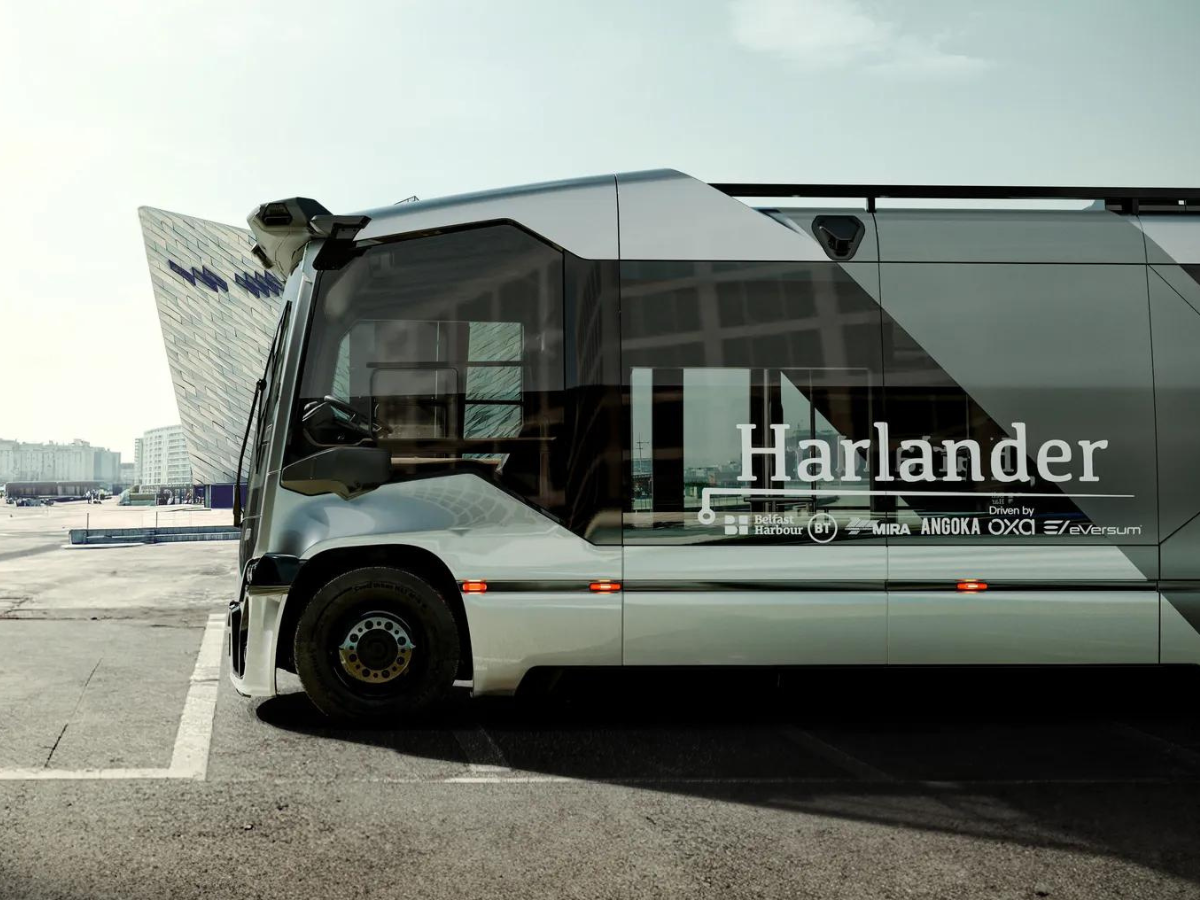Conclusion of the SAM Experimentation Program and Launch of First Pilot Services
2,000 days of experimentation, 135,000 KM traveled, 40,000 users… The SAM experimentation program for autonomous vehicles, led by the PFA, concludes its work and announces the launch of the first pilot services.
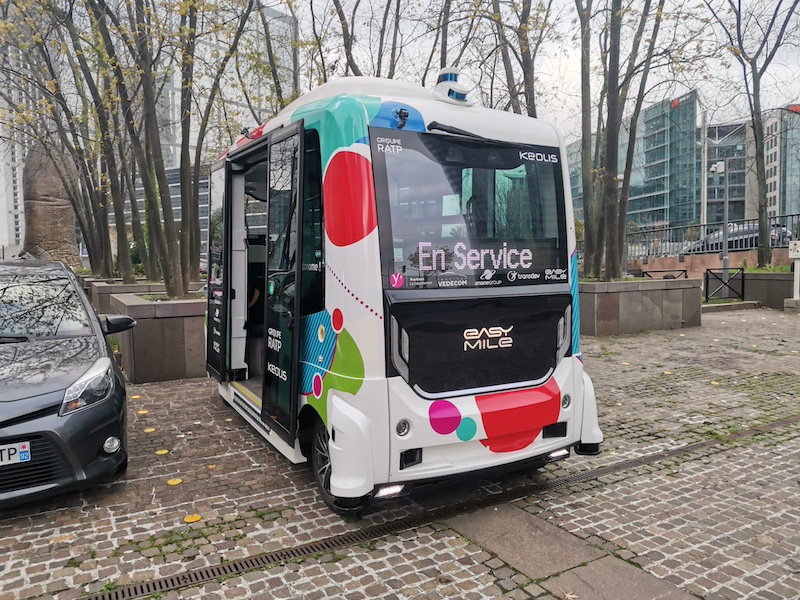
The SAM consortium (Safety & Acceptability of Autonomous Mobility), assembled around the Automotive Platform (PFA) and selected by the government in 2019 to lead a national program for autonomous vehicle experimentation, closed four years of work by bringing together, on November 28 and 29, 2023, at the Sequoia Tower in La Défense, 200 of the most prominent French experts in automated and connected road mobility.
In the presence of Anne-Marie IDRAC, High Commissioner for the National Strategy for the Development of Automated and Connected Road Mobility, industrial and academic representatives presented the conclusions of a program that, despite interruptions related to the pandemic in 2020, accumulated 2,000 days of experimentation, covered 135,000 km, and provided innovative services to 40,000 users in 13 territories, urban, suburban, and rural areas.
The program’s objective was to create a common asset usable by all stakeholders (industries, academics, and government authorities) to generate national references, a state-of-the-art overview, and proposals for international standards around 5 use cases: personal vehicle, valet parking, public transportation, new collective or shared mobility services, and last-mile delivery.
Three major contributions were highlighted:
- Under the impetus of the national strategy, the creation of a “French autonomous mobility team” has enabled the boundaries between automotive manufacturers, public transport and service operators, suppliers of on-board intelligence technologies, infrastructure managers and local authorities to be broken down.
- Preparing for scaling-up, by specifying the areas of use that can be reached safely, the infrastructure and connectivity requirements, the acceptability factors, the characteristics of user behavior inside and outside the vehicle, the environmental and traffic impacts, and the determinants of the business model.
- Contributing to the development and implementation of the regulatory framework (decree no. 2021-873 of June 29, 2021 concerning the circulation of vehicles with driver delegation, a regulatory framework unique in Europe with a view to deployment), by providing input for safety demonstration methods and tools.
These decisive contributions now make it possible to announce the launch of the first pilot services for automated and connected road mobility:
Manufacturers Renault Group and Stellantis confirm their commitment to the study and development of automated and connected vehicles for automated driving and new transport or shared mobility services, with the support of infrastructure managers such as VINCI Autoroutes.
Equipment manufacturers such as Valéo are confirming their investments in new-generation sensors (notably Lidar) and software, as key elements for automated driving, or, like Alstom, the creation of a connected infrastructure system for safe traffic lights.
Players such as EasyMile are continuing to develop software solutions for high levels of reliability and safety, intelligent mobility and driverless technologies, or like TwinswHeel in the development of droids as logistics solutions in city centers.
Public transport operators such as Keolis, RATP, SNCF and Transdev are committed to developing new automated services in pilot areas.
Luc CHATEL, Chairman of the PFA, emphasized:Under the impetus of the national strategy led by Anne-Marie IDRAC, manufacturers, service and infrastructure operators and academics have responded to the challenge and, through the consortium formed around the PFA, have assembled a genuine French team for autonomous mobility.
This four-year confrontation in the field, between technological promises and real-world use, was an essential and decisive step towards the launch of pilot services.
Anne-Marie IDRAC, emphasized:The experimental program led by the SAM consortium, which has been brought together by the Automotive Platform (PFA), is an example of the approach that the government has chosen, and on which France can now rely to roll out the first automated and connected road mobility services, for the benefit of users and regions, by exploiting the synergies between all the players involved.
Through SAM “Safety and Acceptability of Automated Driving and Autonomous Mobility”, the PFA is federating a consortium of 11 manufacturers (Alstom, VINCI Autoroutes (Cofiroute network), EasyMile, Keolis, RATP Group, Renault Group, SNCF, Stellantis, Transdev, TwinswHeel, Valeo) and 6 academic partners (Cerema, IFP Energies Nouvelles, Le LAB, ENPC/LVMT, SystemX, VEDECOM).
This article was shared by EasyMile.


